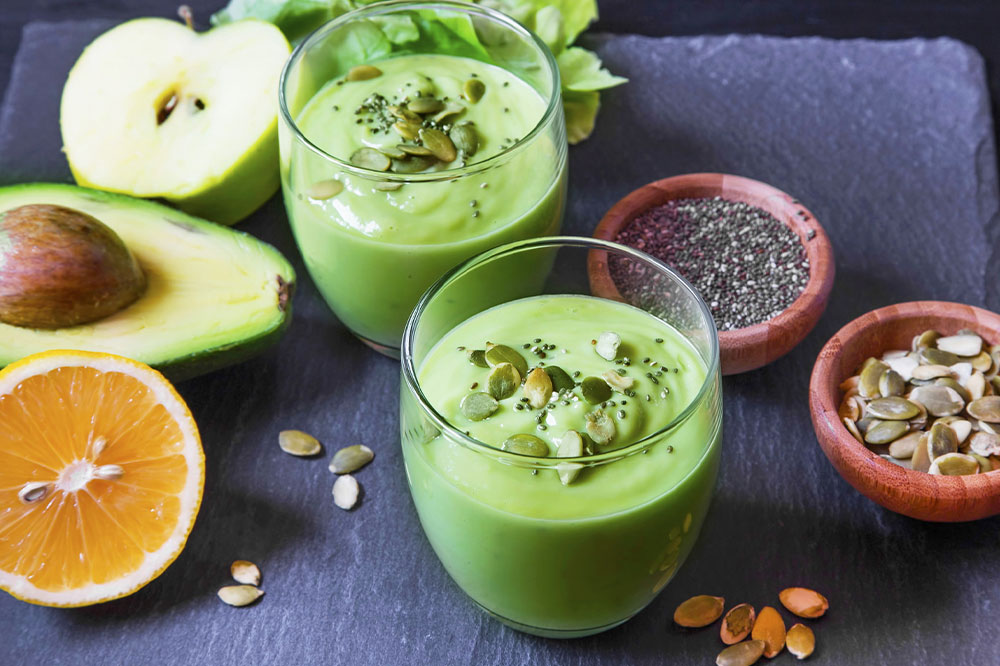
7 Warning Signs That Indicate Multiple Sclerosis
Multiple sclerosis (MS) is a neurological condition affecting the spinal cord and brain. Here, the immune system attacks the myelin sheath, which protects nerve fibers. The condition disrupts communication between the brain and other body parts. This neurological condition lasts long and can impact people as young as 20. Relapsing multiple sclerosis is a severe type of MS that can often deteriorate the patient’s condition. Between these flare-ups, they will have periods of recovery also. Early warning signs of MS The signs and symptoms of multiple sclerosis may vary between patients and keep changing as the disease progresses. Some early warning signs that indicate MS at its initial stages are listed below. 1. Cognitive issues About half of the patients with multiple sclerosis suffer from cognitive dysfunction. These problems are often mild, and it is rare to have severe issues. This condition does not usually change one’s intellectual ability but might lead to poor memory, slowed thinking, and attention deficit issues. A patient will struggle to find the right word to use while speaking. 2. Optic neuritis In the early stages of MS, a patient’s eye health might also get affected. This disease damages the optic nerve, which connects the eye and brain.
Read More 










